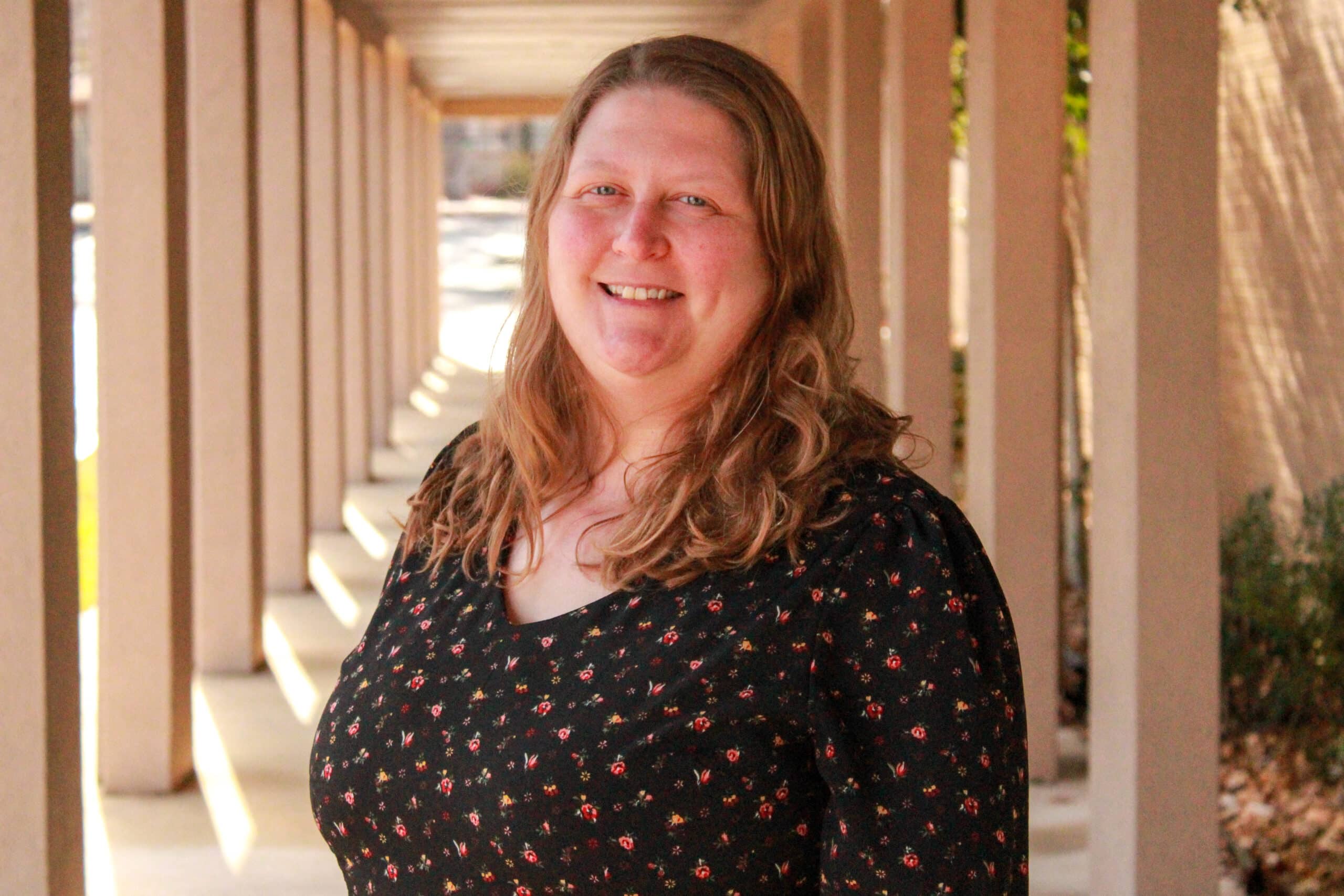In the digital age, scams have become increasingly sophisticated and far-reaching. However, most of the newer more high-tech scams started years ago and have evolved over time. One of the most notorious scams is the 419 Scam, also known as Advance Fee Fraud. Despite years of public warnings, this type of scam continues to trap victims worldwide daily. The term 419 refers to the Section of the Nigerian Criminal Code that criminalizes fraud. These types of scams originated in Nigeria (remember the Nigerian Prince faxes we used to receive) but are now a global phenomenon carried out by scammers from many different countries. Basically, a 419 scam involves a promise of a large sum of money or reward, however, to receive it you just have to pay some up-front fees or give out your bank information. Then, inevitably, something happens, and the scammer needs more money, the cycle continues, and the victim is left with nothing in the end. Oh, and that massive reward?? Totally fake and never arrives. It all goes back to the saying if something sounds too good to be true it probably is.
419 scams are most often carried out by a group of people called Yahoo Boys. These are young, tech-savvy men who use the internet for illegal financial gain. The name Yahoo Boys refers to the early 2000s when they predominantly used Yahoo email addresses for their scams. High unemployment rates and limited opportunities in their countries can drive individuals to seek illegal activities for money. Yahoo Boys often share scam scripts, tools, and strategies online. There are people who actually teach these scammers how to run the scam and use the latest technology to their advantage. There are real life consequences to 419 scams. Thousands of victims have lost countless amounts of money to these criminals. The psychological toll of scams can be devastating due to the shame and embarrassment of what happened to the victim. There are cases where people are manipulated for months or even years. There are countless stories of people who have lost their lives due to the pain of falling for a 419 scam. HULU has a great series entitled Hey Beautiful, Anatomy of a Romance Scam which shows a man whose identity was stolen and used by Yahoo Boys to manipulate and trick multiple women in several countries. One of those women was from Opelika, Alabama.
Here are some common variations of 419 scams, how they work, and what to watch out for.
- Inheritance Scams—The victim receives either an email, text, or phone call stating that they have inherited millions from an obscure deceased relative.
- Romance Scams—Fake online relationship that leads to requests for money. Once the victim starts giving the more the scammer asks for.
- Business Email Compromise—Posing as a company executive to request wire transfers.
- Lottery Scams—Congratulations!! Despite not having entered a contest, you have won a prize…. all you have to do is pay some fees for shipping and processing then you are rich!
- Charity or Investment Scams—These appeal to victims who give to charities or help with humanitarian causes or promise high-returns on investments.
While each of these scams may seem different, the reality is that they all operate basically the same way with the identical end goal. That goal being to separate victims from their hard-earned money as fast as possible and move on to the next target. They all start out with unsolicited contact from a trained fraudster who knows exactly what to say to convince their victims that they are legit. They promise too good to be true offers of love, money, and/or prizes continuing to exploit and manipulate until the victim either runs out of money or realizes they have been duped. Once they are done fleecing that person dry, they have no problem disappearing and moving straight onto another, without a care in the world for the devastation they leave behind. If you receive a call from an unknown number, don’t answer. If you get an unsolicited text or email, don’t respond. Never give your information out to anyone!! If a “celebrity” reaches out to you online wanting to be your friend or start a relationship with you, ignore! 419 scams are out there just waiting for the next person to take the bait….it is up to you to keep yourself from becoming a victim.

Tara Montgomery
Fraud Specialist
The Exchange Bank of Alabama




